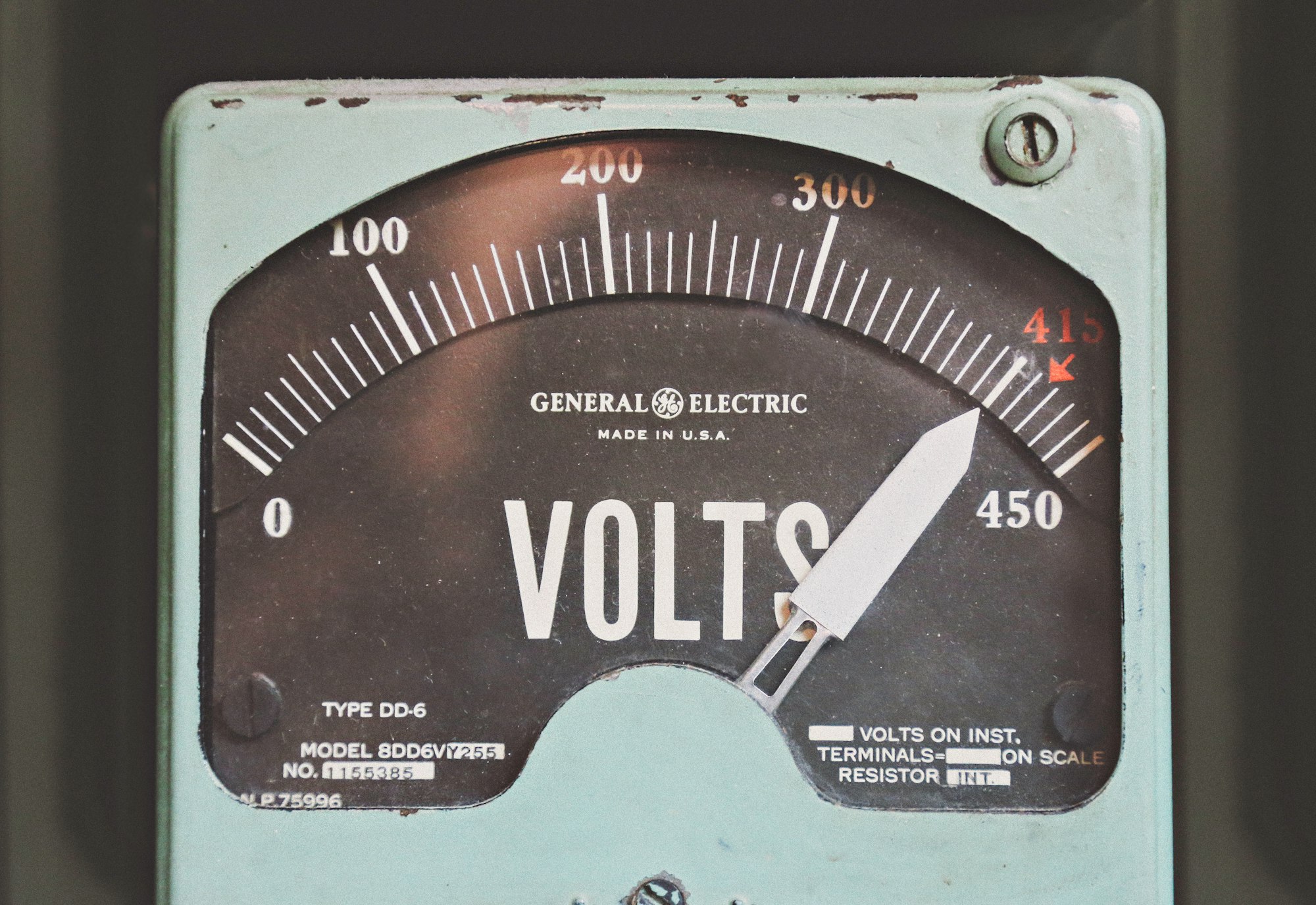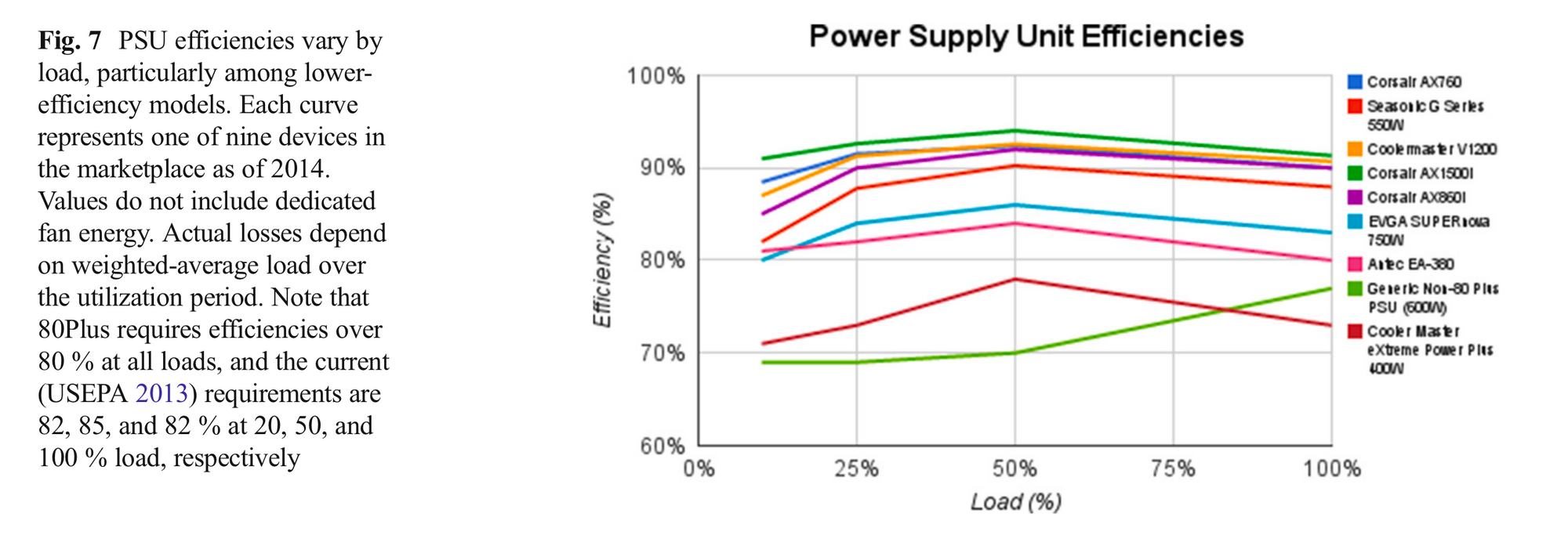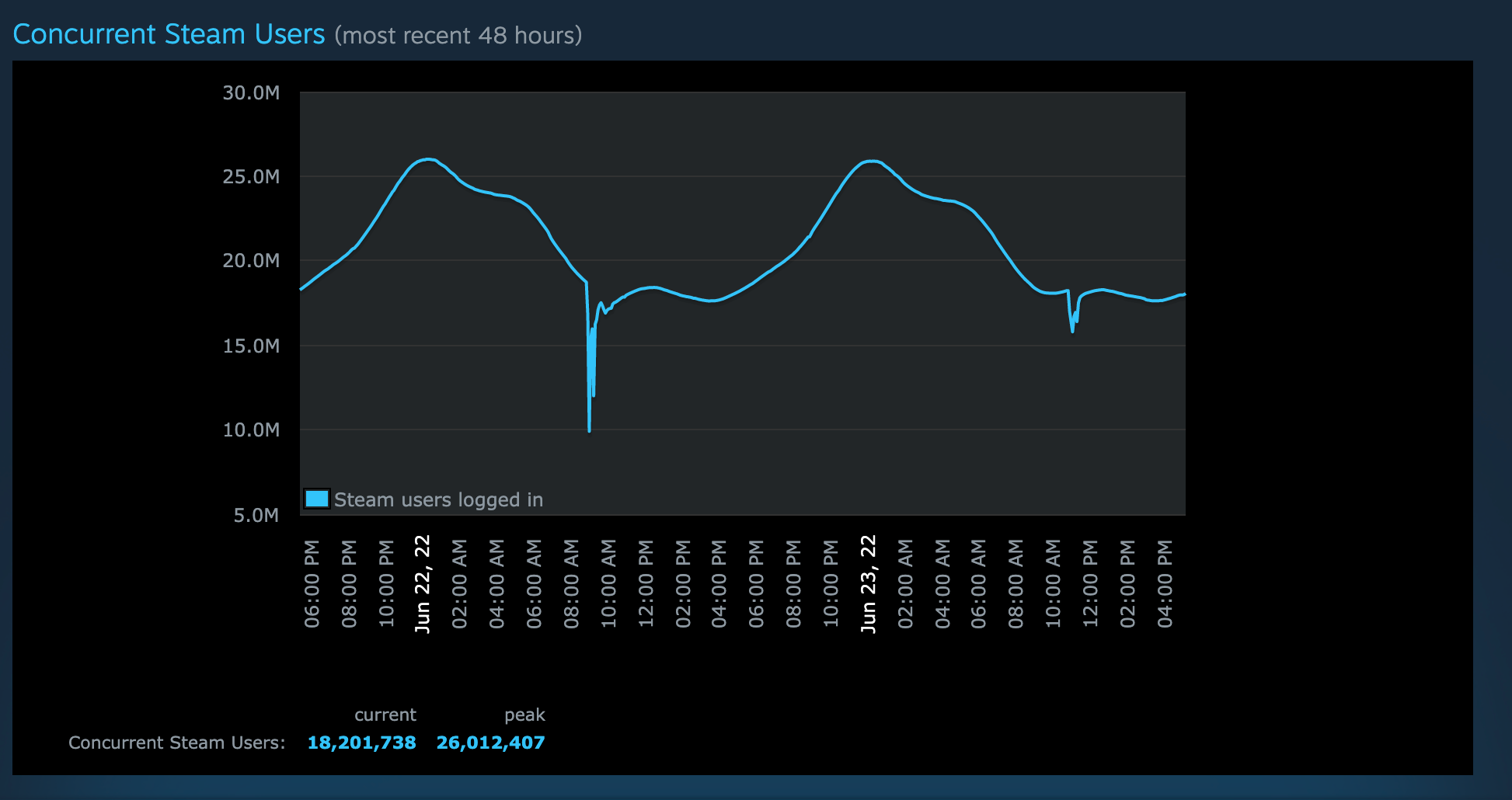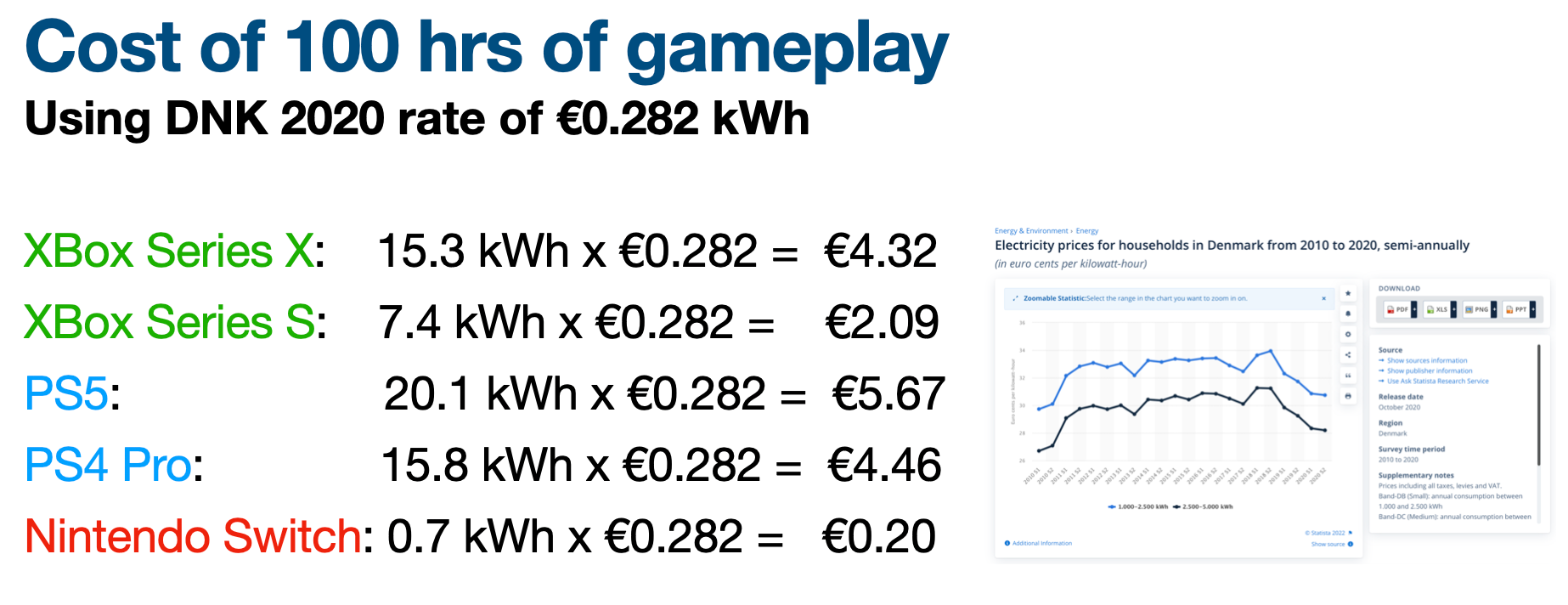Energy efficiency and gaming’s tricky time-of-use problem

Earlier this month the International Energy Agency released a new report, outlining the case for a redoubled focus on efficiency as an enabler of 2050 net zero ambitions. Energy efficiency, as Wikipedia succinctly explains, is “the ratio between the useful output of an energy conversion machine and the input”. Vehicles are a great example, the Wiki page also has a table of conversion efficiencies which illustrates the huge efficiency gains possible:
Combustion engine: 10%-50% efficient
Electric motor: 70-99.99% efficient
In other words, between 90% and 50% of the energy put into the combustion engine is wasted, turning into non-useful other forms (heat, noise, etc). For the electric motor, only 0.01% to 30% of the energy is wasted, leading to a huge increase in efficiency. The conversion of energy to useful output in an EV is somewhere between 1.5 and 7 times more efficient than even the best internal combustion engine, just by virtue of wasting less energy – there’s no controlled explosion to generating waste heat and noise, just magnetic fields and permanent magnets strong enough to create movement. Electrification is a huge part of efficiency, but even already existing electrical devices that perform the same work can be more or less efficient – one of Mills et al.’s conclusions in their work on the energy consumption of gaming PCs found that high-spec devices could sometimes use less power and get more performance, simply because of improved components. Here a table from Mills and Mills (2016) article on ‘Taming the energy use of gaming computers’ showing the efficiency of different power supplies, and it's quite a spread:

The thing to remember about energy efficiency improvements is that they translate almost directly into carbon emissions reductions.
As the IEA report notes, with even a small increase in total energy efficiency we can avoid using huge amounts of energy over the next several years. Under their increasing efficiency scenario, the modelling finds that "this has the potential to avoid 95 EJ a year of final energy consumption; equivalent to the current final energy consumption of China." (IEA 2022: 3) The unit EJ stands for Exa-joules and it really is as big as it sounds (equal to one quintillion or 10,000,000,000,000,000,000 joules) and the IEA report notes that this saving means avoiding the use of “almost 30 million barrels of oil per day, about triple Russia’s average production in 2021” as well as “650 bcm of natural gas per year, around four times what the European Union imported from Russia in 2021.” (IEA 2022: 3) Yeah – energy efficiency is that big of a deal. Small amounts across large numbers of devices add up real fast.
The top line takeaway from the IEA is that “the cleanest, cheapest, most reliable source of energy is what countries can avoid using, while still providing full energy services for citizens.” That line came back to me this week when I read another piece in The Conversation about the current energy crisis in the Australian electricity market. The authors – a pair of researchers from Monash University’s Climateworks centre – discussed some of the potential solutions to bridge the gap between electricity demand and power supply capacity. As they note:
Australia has only scratched the surface of what’s possible when it comes to managing energy demand. As the transition away from fossil fuels continues, we should scrutinise every bit of electricity consumption to make sure it’s needed. It’s not about going without, but making the best use of what’s available.
This is absolutely right, and aligns with the importance of energy efficiency as contributor in reducing demand, but what it doesn’t do is bring to the fore another key aspect of the current crisis (and emissions), which is that the time power is used also matters a great deal – to the stability of the energy system, but perhaps more importantly to overall emissions.
During the day (especially on sunny, non-winter days) there is actually more than enough power in the Australian electricity market to go around – so much so that wholesale prices sometimes go negative with some customers able to get paid to use more power. This is in large part thanks to the wonderful proliferation of roof-top solar systems – we have more solar panels on rooftops than just about any other country in the world and it's been one of the few real successes of the past (largely wasted) decade in Australian energy policy. But a consequence of rooftop solar is that we have plenty of low emissions power during the day, and are going to need ways to increasingly soak up the excess to release it at more useful times that people want to be using it. Grid scale batteries are the key, but until we deploy enough of them once the sun goes down other power generation sources begin to ramp up to make up the difference between demand and supply and these are (currently) fossil fuel generators. It doesn’t help either that most of the ‘peak’ times for using power in Australia happens to occur after the best times for solar power generation (hence the need for batteries) – as people get home, start cooking dinner, turning on TVs, and in particular start gaming. The problem of the time at which we are playing on our devices is just as critical, and has a similar kind of impact on emissions as efficiency.
There are a few household appliances for which it’s relatively easy to 'shift' to using power during the window of time in which solar power is abundant. Dishwashers, clothes washing machines, and clothes dryers often come with timers – to set them the night before or first thing in the morning to have them come on in the middle of the day is relatively simple. Air conditioners are increasingly wifi-connected, allowing them to be switched on/off and have their temperature settings adjusted remotely – though this can be undesirable if it means freezing through the night, or sweating through the bedsheets. It's a tricky problem for both policymakers and system engineers, and won't be solved overnight.
The problem for gaming, however, is primarily the lack of flexibility. You can’t really schedule a game for later, or start it and walk away – they’re activities that players by-and-large need to remain engaged with. And the times that people want to play games can be quite unpredictable – though perhaps not entirely. The Steam concurrent users chart shows that there is some predictability to when players are playing games, as we see in the regular rise and fall of log-in numbers. But I suspect this reflects more where Steam’s main user-base is located (in the US and Europe – these times seem to be are relative to the Australian timezone), rather than anything as meaningful as the actual habits of players and what times of day they are playing. More research needed.

There is one gaming device that is able to time-shift its consumption, however, but it uses such a small amount compared to PCs and the major consoles that its basically a blip. The Nintendo Switch, by having an internal battery, shifts the time it consumes energy for play to the time it draws power from the electrical grid while sitting on charge. Nintendo could, in theory, build in some sort of advanced emissions aware charging approach into the Switch dock, charging only while running on daytime solar power. There are even APIs for the US and UK to call and find out the relative intensity in a location at a given moment. As interesting a prospect as this is, it seems unlikely to be feasible in practice, however, as I suspect the experience for players who pick up their not yet charged Switch after leaving it on charge overnight would be deeply disappointing.
I gave a short (remote) talk recently to a class of game design students at ITU Copenhagen about the energy consumption of end-user gaming, and calculated some figures for 100 hours of gameplay on the major consoles. The Nintendo switch’s power consumption over that time is almost a rounding error compared to the others:

So where does that leave us? Well, if our two options are time-shifting to make use of greater renewables, and increasing energy efficiency then there’s a good chance that only one of those options is really going to be achievable. Unless there is a sudden, shocking transformation in the kinds of games that are made and played to hugely increase asynchronous gameplay (which I discussed as one potential, if an extreme example, in my book) then it’s going to have to be greater energy efficiency in gaming devices that see emissions really come down. I feel a bit like a broken record, as I keep coming back to this same conclusion. I wish I had other answers because how we get our game devices more efficient is as yet an unanswered question. It also raises other uncomfortable questions about what our theory of change is, what needs to happen, and how to get it to happen – something I’m planning for a future post.
If there’s interest in me sharing more of the slides from my recent talks here in the newsletter too – let me know. I think my two most recent ones weren’t recorded so slides might be all I’ve got. Maybe a little exposition and comment on each could be an interesting format.
References:
IEA, “The value of urgent action on energy efficiency”, Global Conference on Energy Efficiency, 2022. https://www.iea.org/reports/the-value-of-urgent-action-on-energy-efficiency
Malos, Anna and Gui, Emi Minghui. “In an energy crisis, every watt counts. So yes, turning off your dishwasher can make a difference”. The Conversation June 21, 2022. https://theconversation.com/in-an-energy-crisis-every-watt-counts-so-yes-turning-off-your-dishwasher-can-make-a-difference-185247
Mills, Nathaniel, and Evan Mills. "Taming the energy use of gaming computers." Energy Efficiency 9, no. 2 (2016): 321-338.
Special thank you to all the legendary GTG supporters – you really are making this possible.
If you've enjoyed this post feel free to share it with friends, tweet about it, post it to LinkedIn, or tell me where I'm wrong or have missed something.
We've got a lot of work to do, and not much time do it.